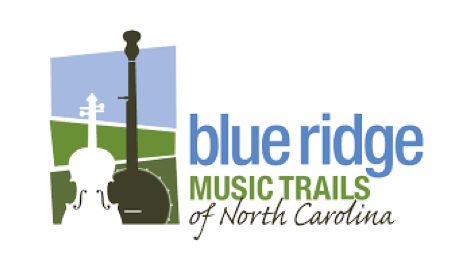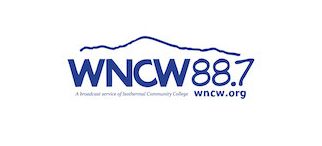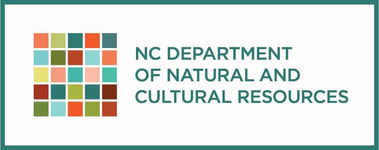From Community Dance to Dance Community:
Recalling the Old Farmer's Ball
This audio documentary tells the story of the Old Farmer's Ball's creation and evolution through the voices of four people who were there from its beginning. Featuring the reflections of Frederick Park, Dede Styles, Phil Jamison, and Julia Weatherford, interviewed in March and April of 2019. Modern live dance audio was recorded at the Old Farmer's Ball's Thursday night dance on March 28, 2019, Atlantic Crossing with Diane Silver calling. Produced by Carla Seidl. Perspectives shared about the dance are the speakers' own (see producer's note below).
The Old Farmer's Ball is an Asheville, North Carolina regional folk dance organization supporting live music and participatory arts that is best known for its Thursday night contra dance at Warren Wilson College in Swannanoa. Over the decades, the OFB has grown from a small, homegrown dance to a nonprofit with an elected board of directors and affiliation with the larger Massachusetts-based Country Dance and Song Society. It has also expanded to support a range of events that reflect the varied interests and preferences of its participants, including a traditional-style roots contra dance, a family dance, and a community waltz. There's lots to love about the OFB, and it has brought many people together. To some of the original dancers and callers, however, the changes that have occurred over the years have been less than positive.
Producer's Note: The Old Farmer's Ball has brought much joy to my life and to the lives of many others. I have observed the Asheville contra dance scene to be marked by a creative energy and freedom of expression that is hard to find elsewhere. In contrast to some of the perspectives in this piece, I find the incorporation of swing/blues/fusion elements to be my favorite part of contra dancing at the OFB! After hearing the tale of the Thursday night dance's evolution recounted by people who were there in the beginning, however, I began to appreciate what may have been lost along the way. I decided to focus on the voices heard in this piece in relating the OFB's history because, after interviewing a number of people involved with the dance through the modern era, this “original voices” take was the most cohesive audio story that emerged, and I felt it deserved to be told. Post-pandemic, I hope that the OFB will continue to evolve and grow, becoming a place where those who want a community dance find that, and those who want a high-energy place for personal expression find that, too.





